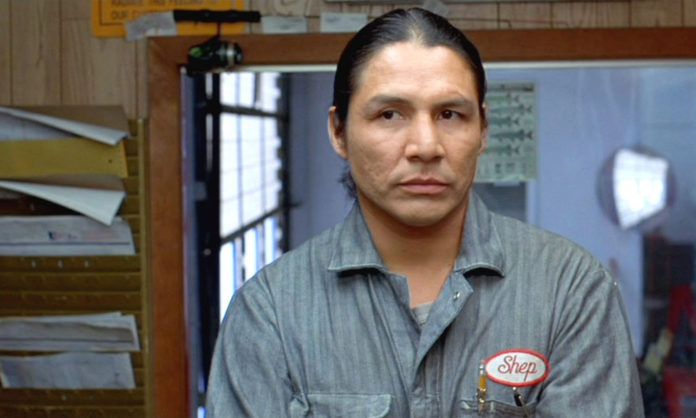In a post on Writers in the Storm, Ellen Buikema offers advice for helping your minor characters make the most of their screen time. “Minor characters are not afterthoughts to the protagonists,” she says. “These characters can make or break a story.” Crafting a story arc for your minor characters – even if you show only a small change in their emotional state or physicality – can go a long way to creating depth and dimension.
Minor characters can add color to your worldbuilding, provide important information to your protagonist, help set the tone, and cause or solve problems. Buikema offers a few tips for creating great secondary characters:
- Give them a reason for being. Every character needs a reason to be in your story. It doesn’t have to be a major reason, but they should support or thwart your protagonist or help steer the story in some way. “Having a defined purpose, they become an essential part of the story instead of window dressing,” Buikema explains.
- Give them clearly defined traits. Of course, your minor characters need to stand out as well as your major characters. “Clearly defining an individual’s characteristics paints a vivid picture, fixing them in readers’ memories,” Buikema writes.
- Have them impact the story. Along with giving them a reason to be in your story, you can give a minor character a pivotal action. “Impact can be indirect or direct,” Buikema says. “A minor character can set events in motion that catch up to the protagonists, or they can directly interact with the protagonist.”
- Consider their relationship to the protagonist. Consider whether your minor characters have some tie to your protagonist, either as part of their ordinary world or their journey.
- Give them a personal dialogue style. “As a fundamental element of character development, dialogue can help define and distinguish one character from the next,” Buikema writes. “Giving a minor character distinctive dialogue patterns distinguishes them from the others, making them memorable no matter how small their role is.” As a bonus, it’s easier to maintain consistency when you write dialect or unconventional speaking patterns for a minor character, because you don’t have to sustain it scene after scene.












